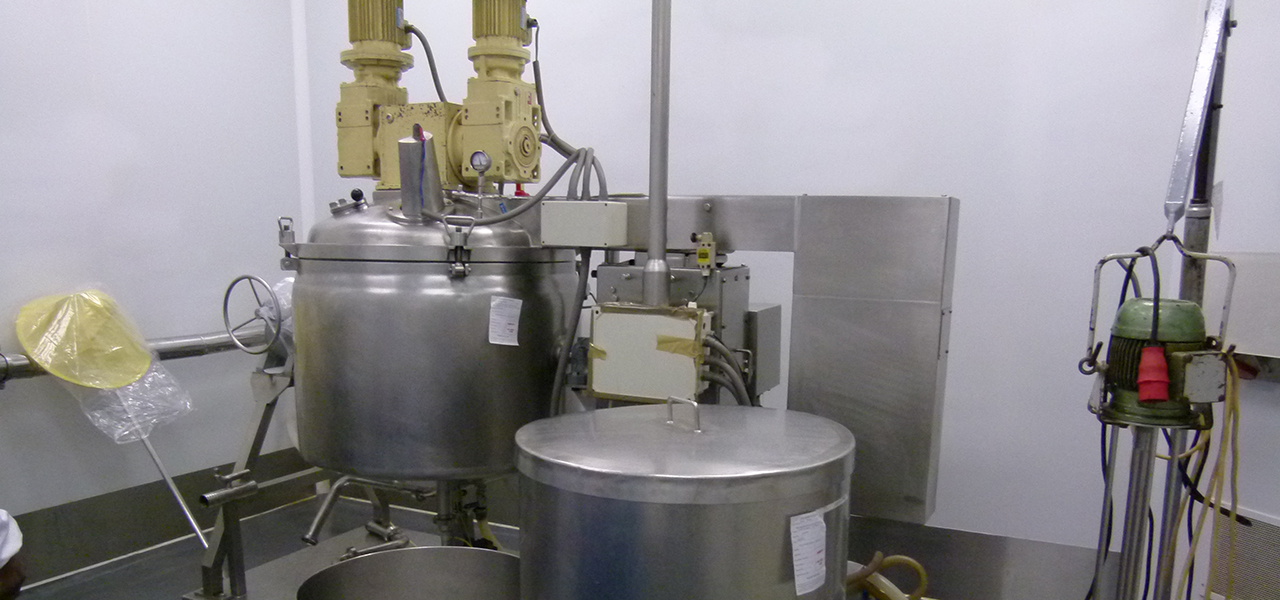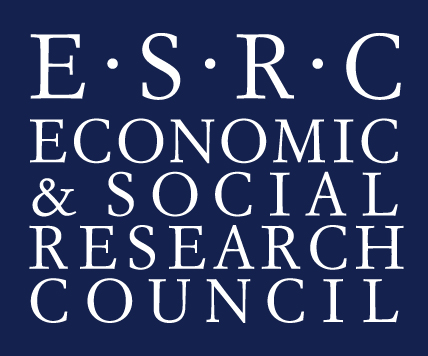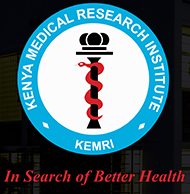
ICCA Project Partners
This research project is a collaboration between institutions in Tanzania, Kenya, India and the UK.

This research project is a collaboration between institutions in Tanzania, Kenya, India and the UK.

Support of the Economic and Social Research Council (ESRC) (UK) is gratefully acknowledged. ICCA is funded by the ESRC under the Global Challenges Research Fund Inclusive Societies initiative. Grant reference ES/S000658/1.

The Open University’s ground-breaking research in Innovation and International Development reflects our deep commitment to educational opportunity and social justice. Building on the university’s leadership in open learning and partnership to promote debate, our work is frequently able to shape both policy and practice at the highest levels.

The Economic and Social Research Foundation (ESRF) was established in 1994 as an independent, not-for-profit institution for research and policy analysis. The primary objectives of the Foundation are to strengthen capabilities in policy analysis and development management and to enhance the understanding of policy options in the government, the public sector, civil society, and the donor community and the growing private sector.

Kenya Medical Research Institute (KEMRI) is a State Corporation established through the Science and Technology (Amendment) Act of 1979, which has since been amended to Science, Technology and Innovation Act 2013. The 1979 Act established KEMRI as a National body responsible for carrying out health research in Kenya.

The Department of Science, Technology, Engineering and Public Policy (STEaPP) is a uniquely policy-orientated department within UCL.
Underpinning all of their education, research and policy activities is one aim: to change the world for the better. With this aim in mind, STEaPP was founded in the recognition that science, technology and engineering expertise are vital to tackling today’s most pressing global challenges, from energy access to climate change and congested cities. STEaPP also know that for the most impactful results, public policy needs to be informed by different kinds of expertise and evidence.
The department creates a space for a diverse range of academics, policymakers, practitioners, and science and engineering experts to come together and apply their knowledge to tackle these complex challenges. STEaPP sits across three world-class UCL faculties: the Faculty of Engineering, the Bartlett Faculty of the Built Environment and the Faculty of Mathematical and Physical Sciences.

Founded in 1583, the University of Edinburgh is one of the world’s top universities, consistently ranked in the world top 50, in the Times Higher Education World Rankings. The University’s entrepreneurial and cross-disciplinary culture attracts students and staff from across the globe, creating a unique Edinburgh experience. The University is currently host to 40,000 students from 156 counties. We provide a stimulating working, learning and teaching environment with access to excellent facilities. Previous students include Nobel Prize winning laureates, pioneers and inventors. The University offers a range of ways to study and is the largest provider of online learning in the Russell Group of UK research-intensive universities.
The University of Sussex was the first of the new wave of UK universities founded in the 1960s, receiving its Royal Charter in August 1961. It is among the leading research universities in the UK, with 98 per cent of its research rated as world-leading, internationally excellent or internationally recognised (REF 2014). The University is home to SPRU – the Science Policy Research Unit. With over 50 years of experience, SPRU is internationally recognised as a leading centre of interdisciplinary research on science, technology and innovation policy.
The National Centre for Biological Sciences (NCBS) was established in 1991 as a Centre of the Tata Institute of Fundamental Research (TIFR), an autonomous institute of the Government of India, supported by the Department of Atomic Energy, Government of India. The mandate of NCBS is basic and interdisciplinary research in the frontier areas of biology.
The institute brings together researchers with a variety of backgrounds in the natural sciences, mathematics and computer sciences to understand living systems and address biological problems. Researchers at NCBS have strong scientific track records and have prior training from top institutions around the world. With an average of more than 100 publications in top quality journals each year, their research is on par with other scientific organisations worldwide and is driven by a group of 35 outstanding faculty members, 47 scientific and technical staff, 122 postdoctoral researchers and more than 300 students. Some of their work has also contributed to important policies e.g. under pass for migration of wild life as well as on ecology.
Research at NCBS covers diverse set of subjects spanning from molecules to ecosystems including: Biochemistry, Biophysics, Bioinformatics, Genetics and Development, Cellular Organisation and Signalling, Neurobiology, Theory and Modelling of Biological Systems, Ecology and Evolution. In addition, they are making significant investments in creating new interdisciplinary research programs, addressing questions unique to India’s needs and in training leaders of the future. NCBS hosts several research centres or interdisciplinary programs such as: The Simons Centre for the study of Living Machines, NCBS-Max Planck Lipid Center, Chemical Ecology, Accelerator program for Discovery in Brain disorders using Stem cells, Masters in Wildlife Biology & Conservation.